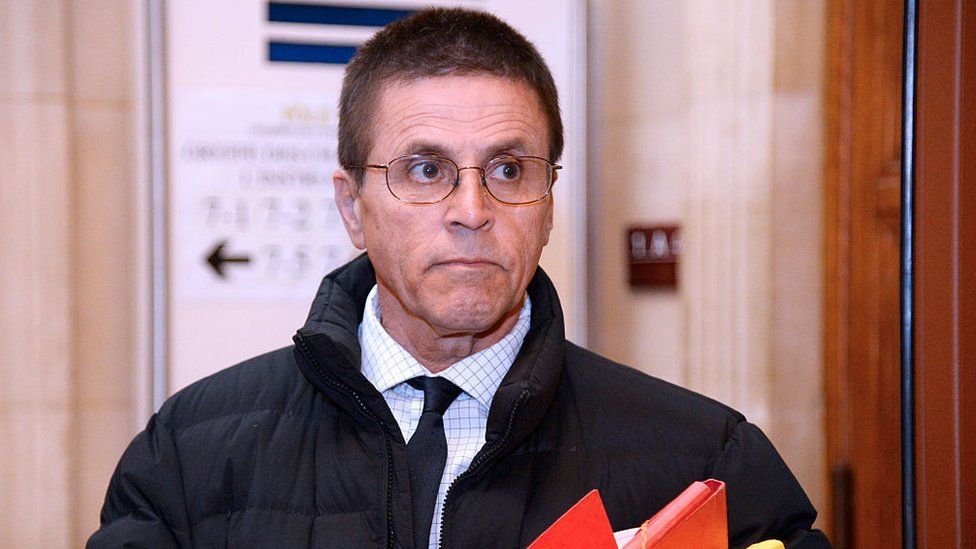Paris synagogue bomber convicted after 43 years

A court in Paris has convicted a Lebanese-Canadian university professor, Hassan Diab, of planting a motorcycle bomb that killed four people and wounded 38 others at a Paris synagogue in October 1980. Diab, who called his situation “Kafkaesque”, received a life sentence, but refused to attend the trial.
Prosecutors claimed that he was undoubtedly responsible for the bombing, which was the first attack on Jews in France since World War Two and became a model for many similar attacks carried out by militants in the Middle East. Supporters of Diab have criticized the trial as being “manifestly unfair”.
The investigation into the 1980 Paris synagogue bombing has been marked by confusion and persistence by a small group of magistrates. Hassan Diab, a Lebanese-Canadian university professor, was named as a suspect almost 20 years after the attack and was finally extradited from Canada in 2014.
In 2018, the case was closed due to lack of evidence, but an appeal to reopen the case was successful in 2021, leading to Diab’s recent trial and conviction in absentia. Diab has consistently maintained his innocence, and his conviction may lead to a second extradition request, although its success is uncertain. Diab expressed disappointment that “reason did not prevail”.
Responding to the verdict, the Hassan Diab Support Committee in Canada called on Prime Minister Justin Trudeau to make it “absolutely clear” that no second extradition would be accepted.
They said 15 years of legal “nightmare… is now fully exposed in its overwhelming cruelty and injustice”.
At a news conference, Mr Trudeau said his government “will look carefully at next steps, at what the French government chooses to do, at what French tribunals choose to do”.
“But we will always be there to stand up for Canadians and their rights,” he added.
Over three weeks the court heard an account of the known facts of the case, plus arguments identifying Diab as the bomber and counter-evidence suggesting he was a victim of mistaken identity.
Picture Courtesy: Google/images are subject to copyright
